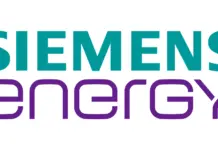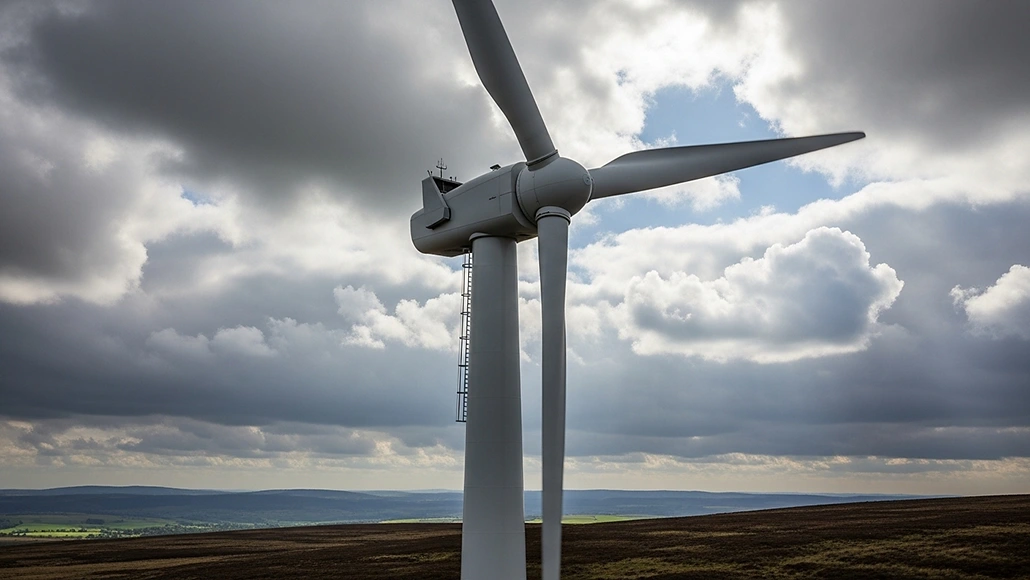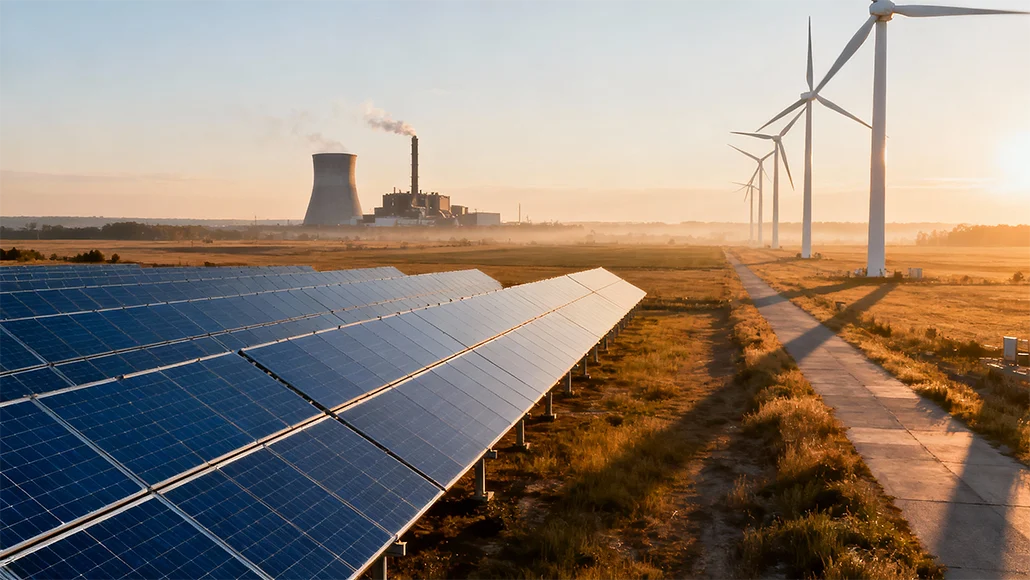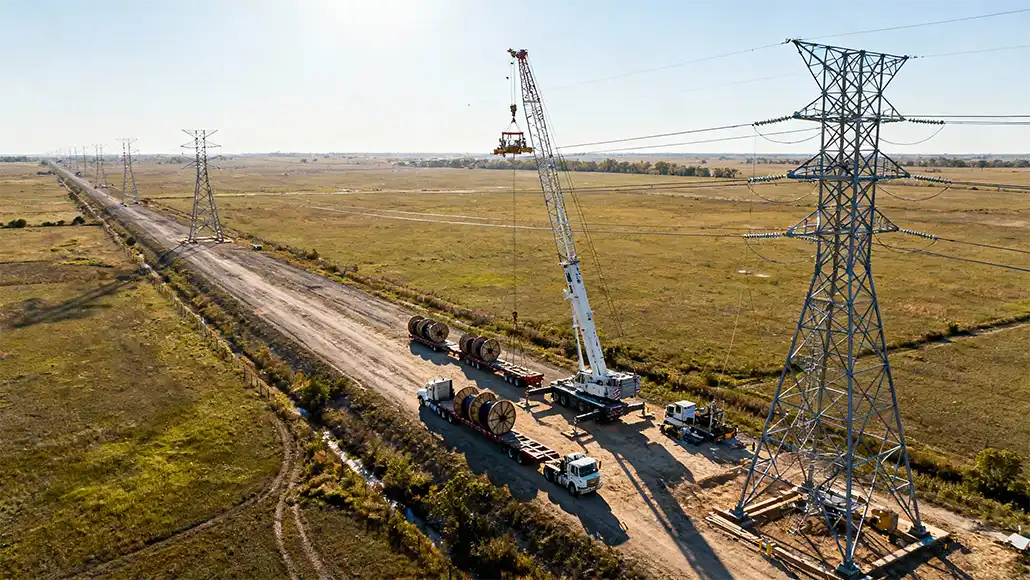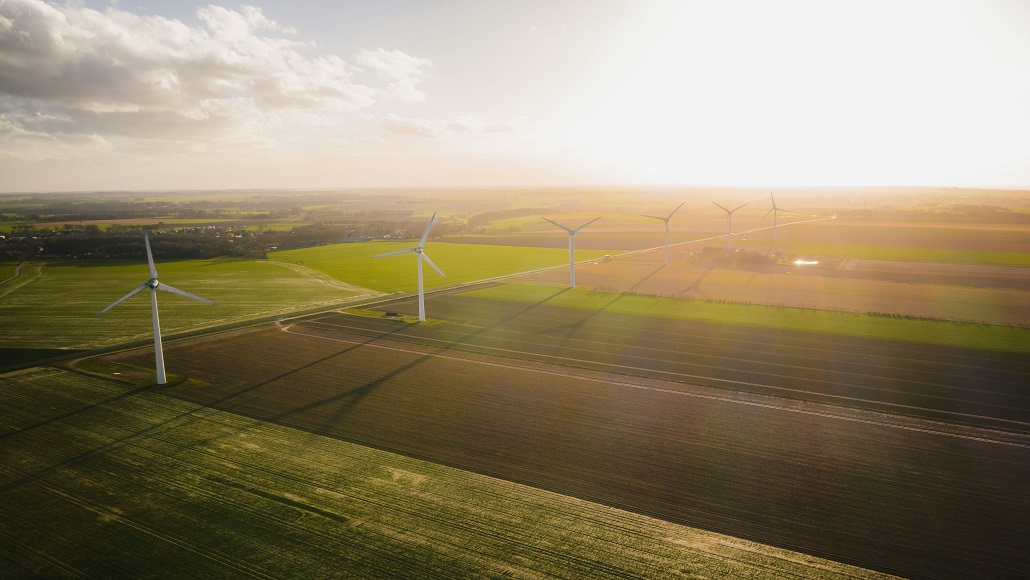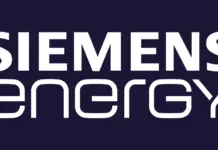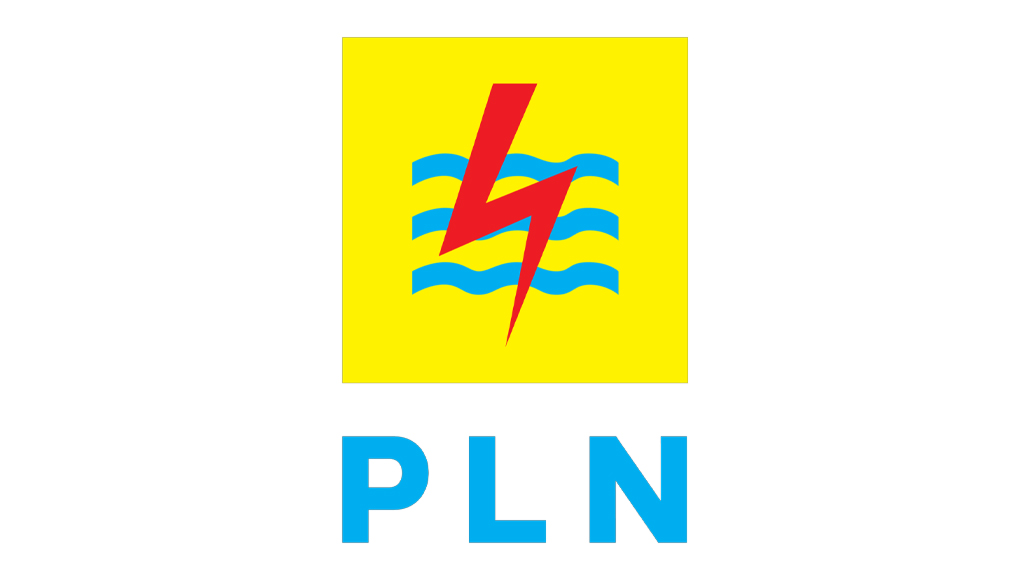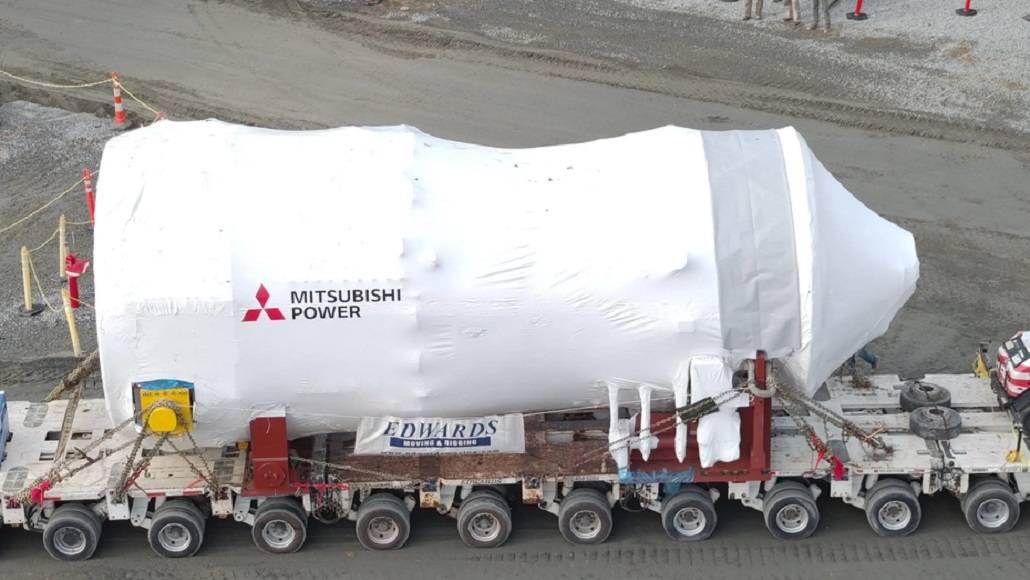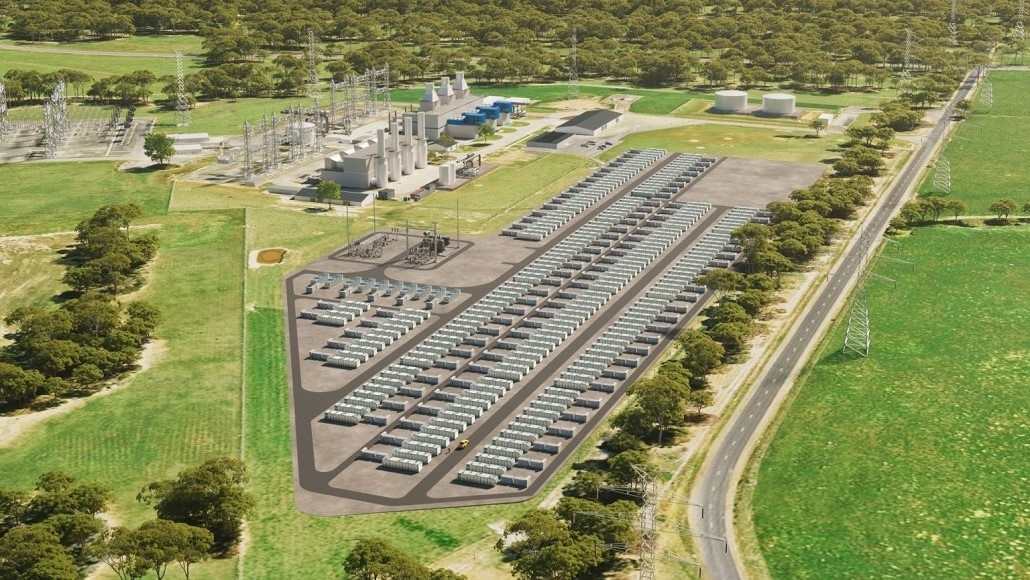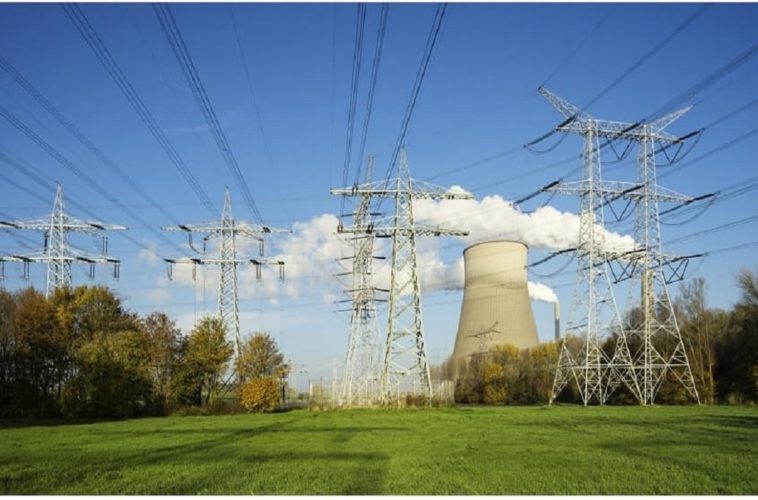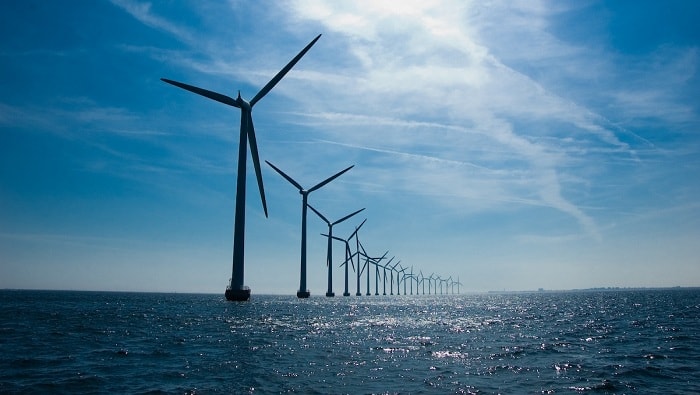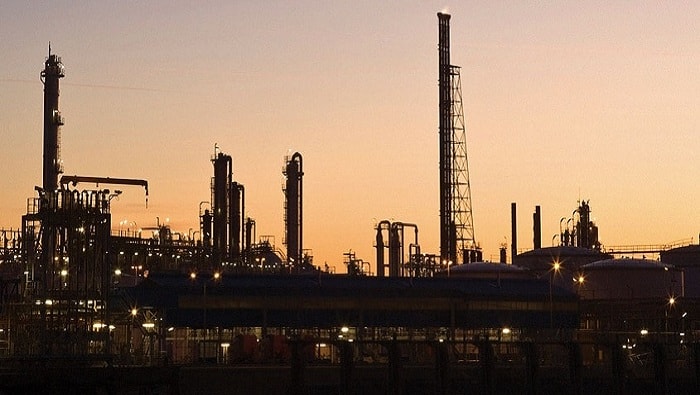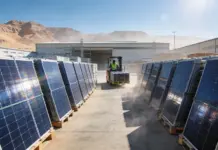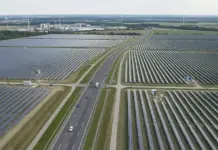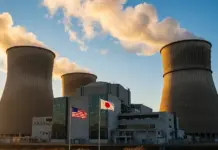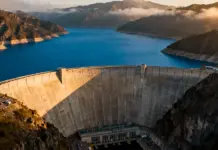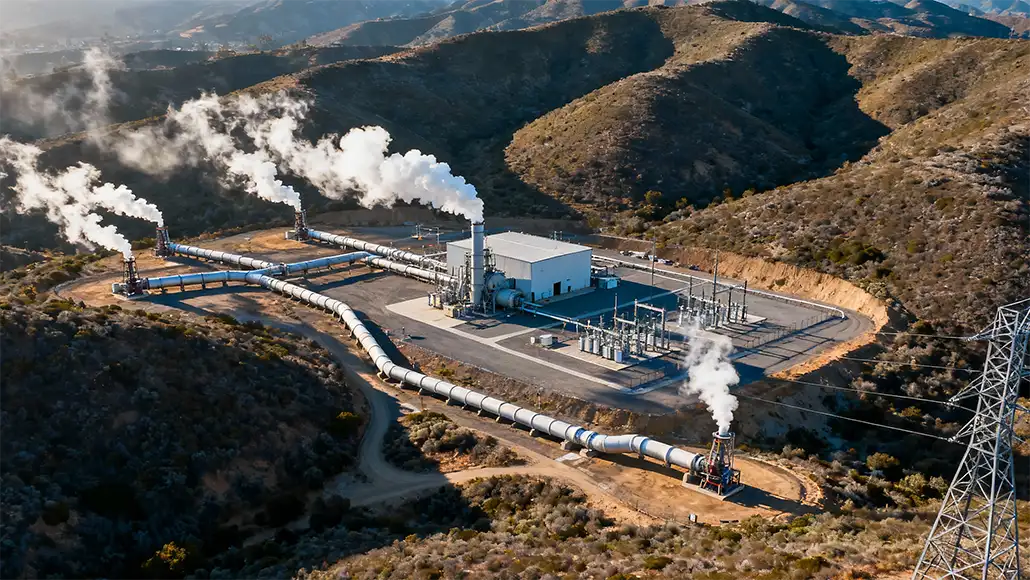California Governor Gavin Newsom signed into law on October 13, 2025, a bill that is going to expand the streamlined certification program from the California Energy Commission so as to allow it to speed geothermal approvals; however, he vetoed a bill that would speed approvals of well-drilling as far as geothermal exploratory projects are concerned.
In his veto message for the second bill, AB527, Newsom wrote that in addition to delaying the much-required regulations, which are already in process, the Geologic Energy Management Division is going to need to substantially raise the fees on geothermal operators so as to execute the new requirements that are imposed by the bill.
Newsom added in the message that while he does support the expansion of geothermal approvals for projects throughout California as a much-needed source of baseload clean power, he believes that the increased fees would very well disincentivize geothermal development and that would go beyond any incentive that’s offered by the California Environmental Quality Act exemption for one of the parts of a permitting process of the project.
The governor also went on to note that he signed AB1359 in 2024, which reformed the approval process when it comes to geothermal exploration, and he believes that it is prudent that all understand the effects of such changes before going ahead and granting wholesale CEQA exemptions with many costly and complex conditions.
It is well to be noted that AB527 would have enabled the geothermal exploratory projects that GEMD deems to go ahead and meet certain criteria to also be presumed to satisfy the requirements of CEQA for geothermal exploratory projects, which includes supporting the issuance of any permit, funding, or, for that matter, other approvals by a state or local agency, as provided.
Apparently, AB531, which Newsom signed, happens to make geothermal projects one of the types of projects that, once the state Energy Commission certifies as being an environmental leadership development project, can very well benefit from a streamlined approval process as per the CEQA.
Interestingly, the other projects that can receive that certification happen to be solar or wind farms that generate 50 MW or more; energy storage systems that are capable of storing 200 MWh or more; power plants of 50 MW or more that make use of any source of thermal energy but do not include fossil or nuclear fuel; the transmission lines that happen to be associated with these facilities; plants that manufacture or assemble clean energy or even storage components; and, of course, green hydrogen production facilities along with their associated onsite storage and also processing facilities.








